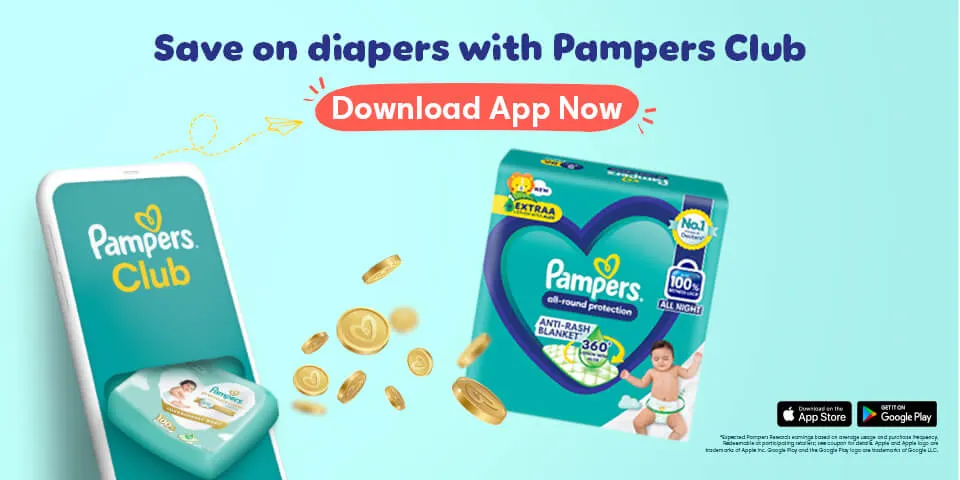Toddlers & pre-schoolers: healthy snack ideas
Healthy, child-friendly snacks are easy to come by once you know what to look for. Here are some guidelines for your toddler as he grows and develops.
Snacks for your one-year-old
Your one-year-old doesn't seem to eat anything any more, as his appetite and rate of growth have decreased. All the more reason to tempt him with tasty, healthy and nutritious snacks. Babies at this age are ready for 'finger foods'.
Eggs are a good source of balanced nutrition. Babies often needs the extra iron in egg yolks. Some babies may be allergic to egg whites, though, so watch carefully for any reaction. Don't worry about the cholesterol – babies need more than you do. Three or four eggs a week are fine. Mini-omelettes cut into squares and strips are easy to handle.
Fresh fruits are better than just fruit juice. While fruit juice is mainly sugar, fruits themselves are great sources of vitamins and other nutrients. Give your child small slices of fresh, juicy peach or squashed banana and see how long he can resist!
Apple sauce is another clever way to get fruit into your child. Be ready for a mess, since your child will see it as a finger food.
String cheese or small cubes of cheese are a good way to give your child calcium if he doesn't like milk or even if he does. Cottage cheese is also a favourite; again, be ready for a mess!
Cooked and diced vegetables like carrots and green beans make a tasty snack. Avoid whole peas.
Potatoes, cooked and diced, do the trick. Watch out for the chips habit – too many, too greasy and too salty.
Snacks for your 18-month-old
At this age, your toddler needs two or three nutritious snacks a day in addition to meals. Try these:
Unsalted pretzels
Ripe bananas either cut into pieces or offered whole
Toast: the ultimate toddler food. Try spreading it with a thin coating of creamy peanut butter or cream cheese to give it more nutritional wallop.
String cheese, slices of cheese, cubes of cheddar – whatever works. If you find a cheese your toddler likes, let him have it.
Smooth peanut butter and crackers are usually a hit.
Unsweetened cereal bits – stick some in a cup for an afternoon snack. Part of the appeal for a toddler is picking them up one by one.
Unsalted rice cakes – big and fun for little hands to hold.
Plain bagels. These are a wonderful vehicle for healthy snacking. Cut them into manageable bits or just in half to gnaw on. Add cream cheese, melted and cooled cheese or fruit purée.
Snacks for your two-year-old
Watch your child's diet to make sure he's getting enough important nutrients such as iron, calcium, B vitamins and protein. Here are some nutrient-packed foods that make great snacks for your tot to munch on.
Scrambled eggs, hard-boiled eggs. These are a great source of iron and protein. Make mini-omelettes and cut them into bite-sized pieces.
String cheese sticks, cheese slices and cubes, a clever way of getting your tot to eat his calcium and protein.
Fish sticks – a dinner favourite and good source of calcium. Combine with yummy mashed potatoes for carbohydrates, and you've got a meal!
Unsalted grain products likerice cakes and toast are great sources of B vitamins, and toddlers generally go for their relative blandness. Try spreading half a bagel with a bit of cream cheese for a healthy combination that's high in protein and carbohydrates.
Apple slices, peach slices, plums, orange slices – you can't go wrong with fresh fruit.
Dried fruit and raisins. Make sure you cut the fruit into strips and remove the stones from any prunes or dates. Toddlers will love picking minced dried fruit out of their favourite cup.
'Little trees' or steamed pieces of broccoli and cauliflower, stood upright in mashed potatoes. If introduced early, these can become favourite snacks.
Mini-pizzas. Use half of an English muffin or bagel, spread with tomato sauce, top with cheese and put it in the oven to melt. Cool and serve, and hear him say 'Mama mia!'
Foods to avoid
Certain foods are notorious choking hazards for children this age.
They include:
Hot dogs (unless cut into bits, such as quarters lengthwise before being sliced)
Whole grapes, whole cherry tomatoes
Hard sweets, including jelly beans
Nuts
Popcorn
Raw carrots, celery, green beans or any hard vegetable
Seeds (such as pumpkin seeds or sunflower seeds)
Large chunks of any food such as meat or potatoes
Large chunks of peanut butter (always use the creamy kind, and spread it thinly onto a cracker or toast.)
A word about juice
Juice is a sweet drink that is highly addictive to your children. Juice given in a bottle is linked to ear infections and tooth cavities. In developed countries, the most common cause of under-nutrition is too much juice! A small cup (not bottle) of juice to accompany a snack is fine, but be sure that the juice doesn't come become the main course. Real fruit juice is better than 'fruit drinks', 'cocktail' drinks or other synthetic products. Read the labels, and keep the juice monster from taking over snack time.


